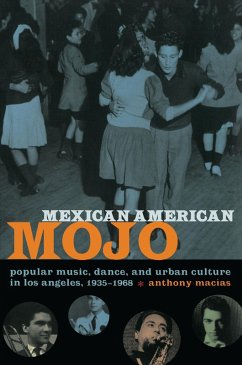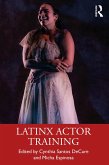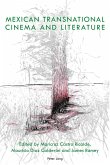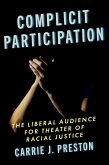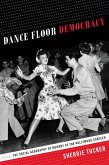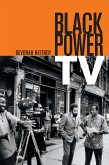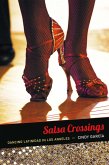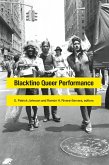Stretching from the years during the Second World War when young couples jitterbugged across the dance floor at the Zenda Ballroom, through the early 1950s when honking tenor saxophones could be heard at the Angelus Hall, to the Spanish-language cosmopolitanism of the late 1950s and 1960s, Mexican American Mojo is a lively account of Mexican American urban culture in wartime and postwar Los Angeles as seen through the evolution of dance styles, nightlife, and, above all, popular music. Revealing the links between a vibrant Chicano music culture and postwar social and geographic mobility, Anthony Macias shows how by participating in jazz, the zoot suit phenomenon, car culture, rhythm and blues, rock and roll, and Latin music, Mexican Americans not only rejected second-class citizenship and demeaning stereotypes, but also transformed Los Angeles.Macias conducted numerous interviews for Mexican American Mojo, and the voices of little-known artists and fans fill its pages. In addition, more famous musicians such as Ritchie Valens and Lalo Guerrero are considered anew in relation to their contemporaries and the city. Macias examines language, fashion, and subcultures to trace the history of hip and cool in Los Angeles as well as the Chicano influence on urban culture. He argues that a grass-roots "e;multicultural urban civility"e; that challenged the attempted containment of Mexican Americans and African Americans emerged in the neighborhoods, schools, nightclubs, dance halls, and auditoriums of mid-twentieth-century Los Angeles. So take a little trip with Macias, via streetcar or freeway, to a time when Los Angeles had advanced public high school music programs, segregated musicians' union locals, a highbrow municipal Bureau of Music, independent R & B labels, and robust rock and roll and Latin music scenes.
Dieser Download kann aus rechtlichen Gründen nur mit Rechnungsadresse in A, B, BG, CY, CZ, D, DK, EW, E, FIN, F, GR, HR, H, IRL, I, LT, L, LR, M, NL, PL, P, R, S, SLO, SK ausgeliefert werden.
Hinweis: Dieser Artikel kann nur an eine deutsche Lieferadresse ausgeliefert werden.

